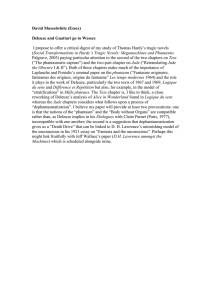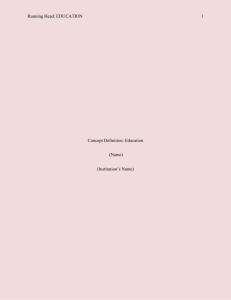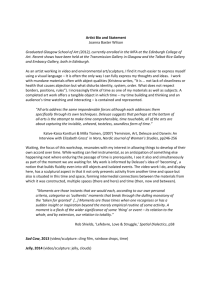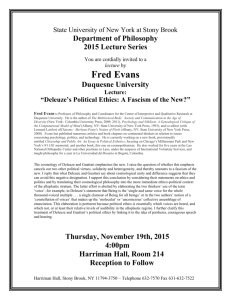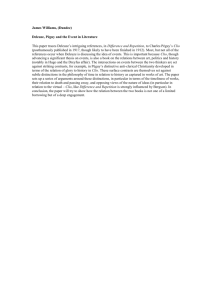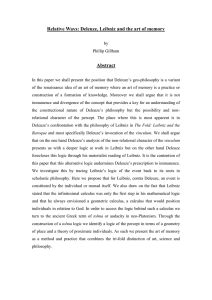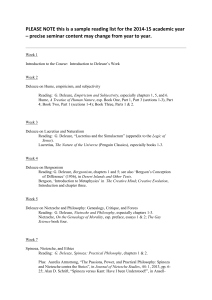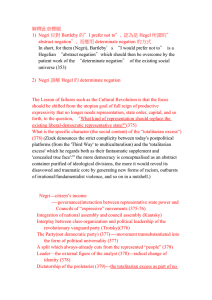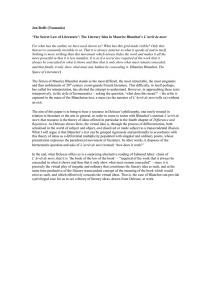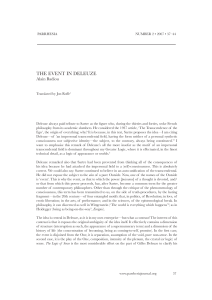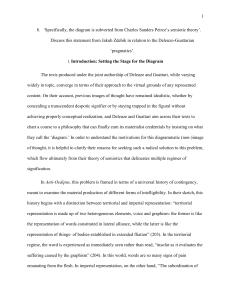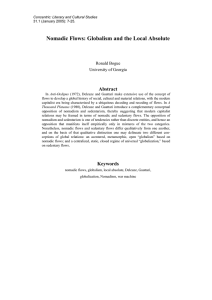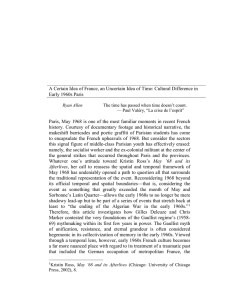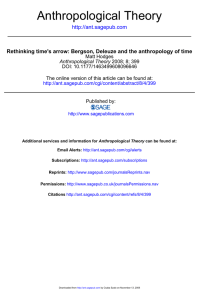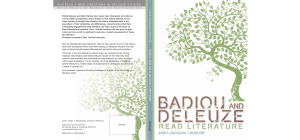Aislinn O’Donnell (UCD) Compassion, Love and Democracy
advertisement
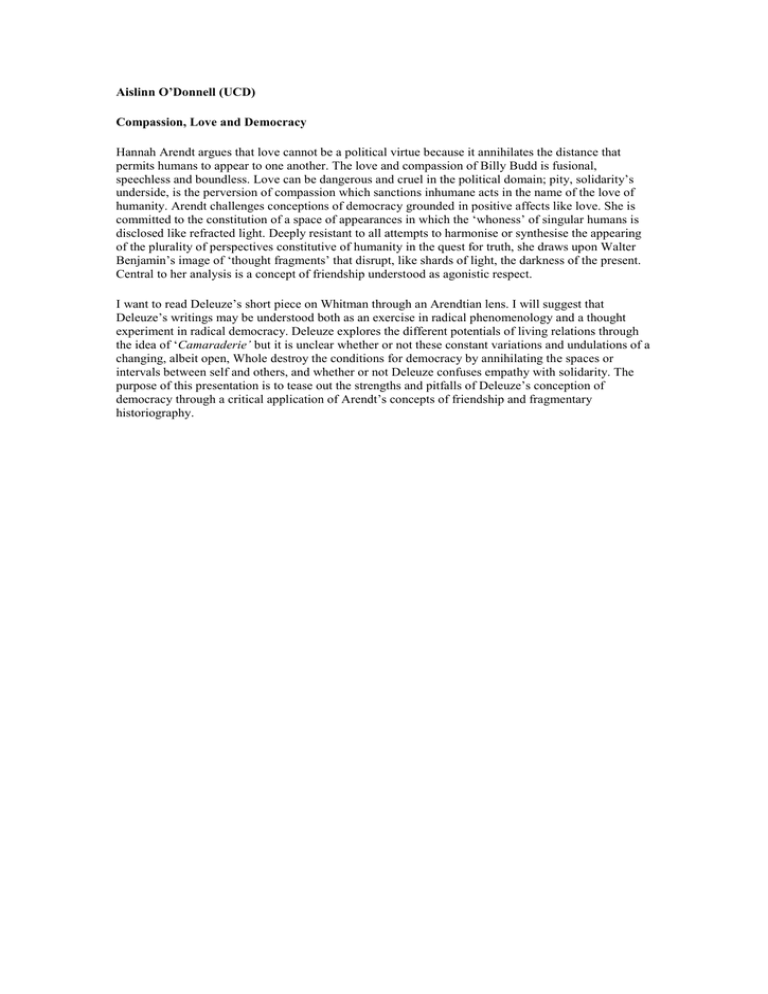
Aislinn O’Donnell (UCD) Compassion, Love and Democracy Hannah Arendt argues that love cannot be a political virtue because it annihilates the distance that permits humans to appear to one another. The love and compassion of Billy Budd is fusional, speechless and boundless. Love can be dangerous and cruel in the political domain; pity, solidarity’s underside, is the perversion of compassion which sanctions inhumane acts in the name of the love of humanity. Arendt challenges conceptions of democracy grounded in positive affects like love. She is committed to the constitution of a space of appearances in which the ‘whoness’ of singular humans is disclosed like refracted light. Deeply resistant to all attempts to harmonise or synthesise the appearing of the plurality of perspectives constitutive of humanity in the quest for truth, she draws upon Walter Benjamin’s image of ‘thought fragments’ that disrupt, like shards of light, the darkness of the present. Central to her analysis is a concept of friendship understood as agonistic respect. I want to read Deleuze’s short piece on Whitman through an Arendtian lens. I will suggest that Deleuze’s writings may be understood both as an exercise in radical phenomenology and a thought experiment in radical democracy. Deleuze explores the different potentials of living relations through the idea of ‘Camaraderie’ but it is unclear whether or not these constant variations and undulations of a changing, albeit open, Whole destroy the conditions for democracy by annihilating the spaces or intervals between self and others, and whether or not Deleuze confuses empathy with solidarity. The purpose of this presentation is to tease out the strengths and pitfalls of Deleuze’s conception of democracy through a critical application of Arendt’s concepts of friendship and fragmentary historiography.
